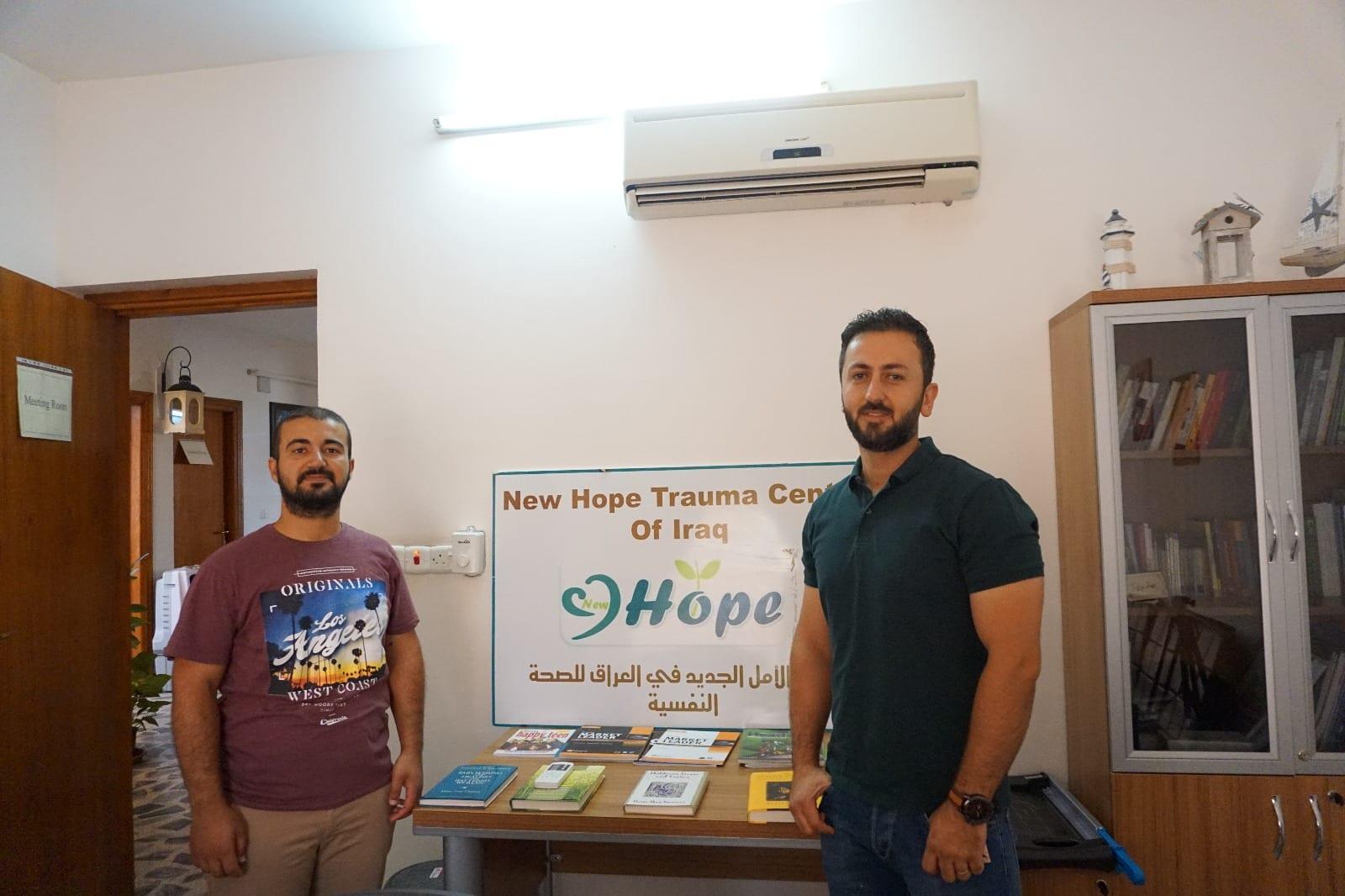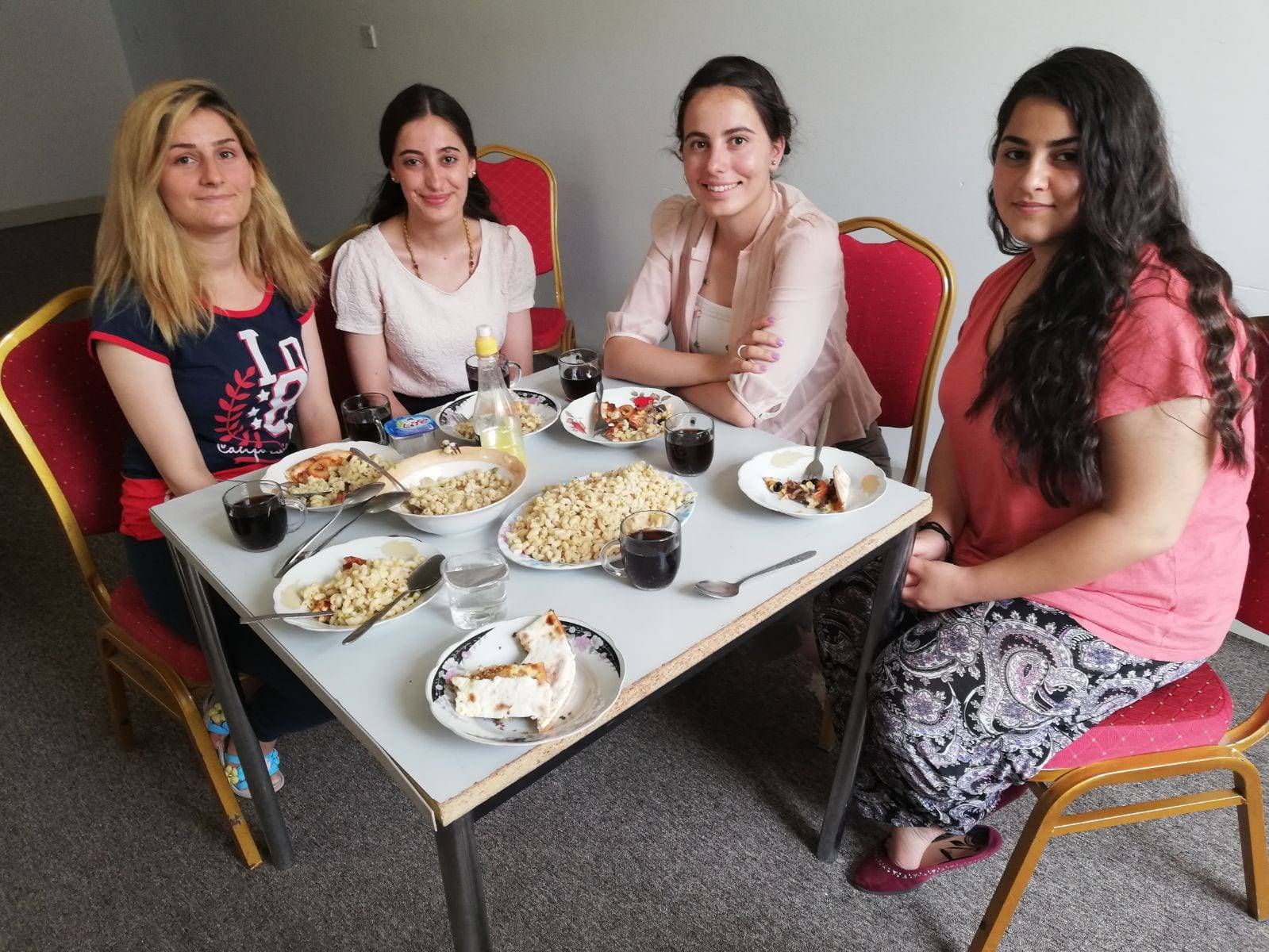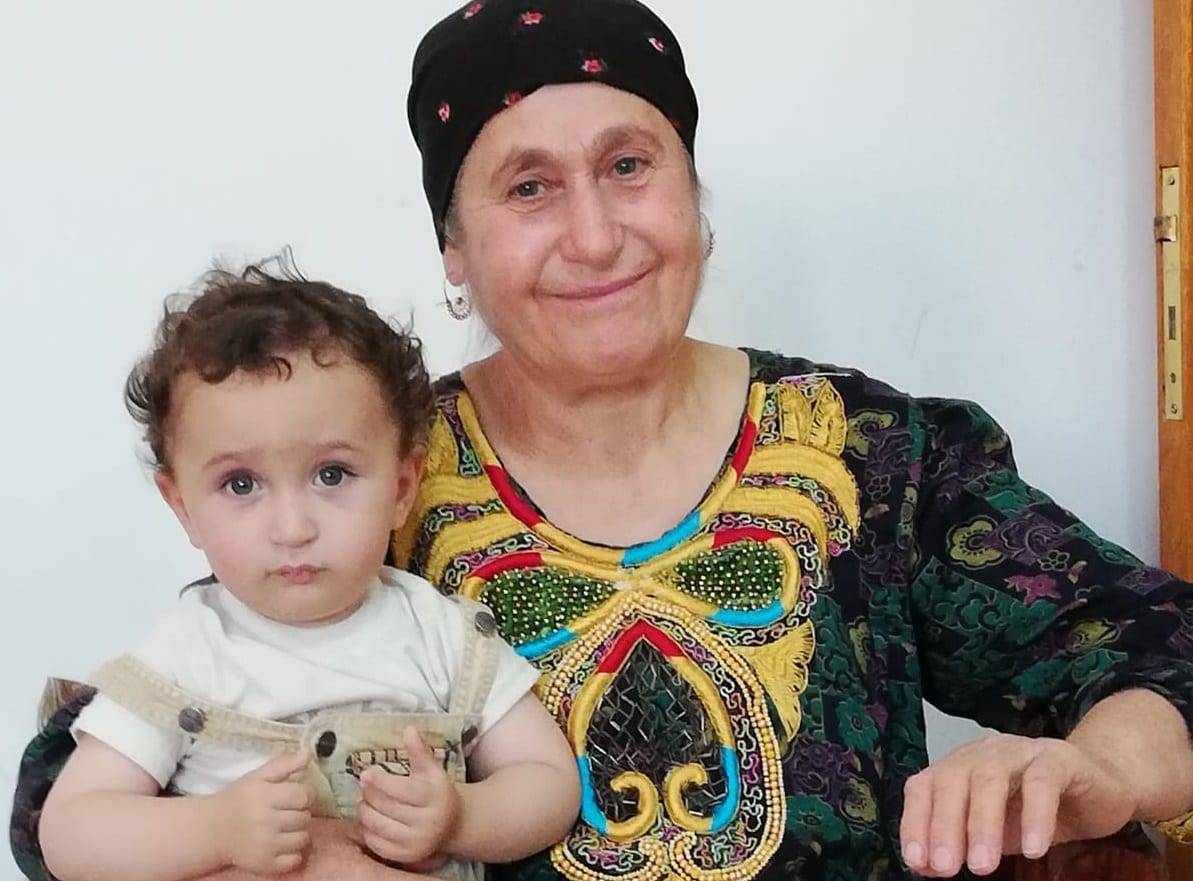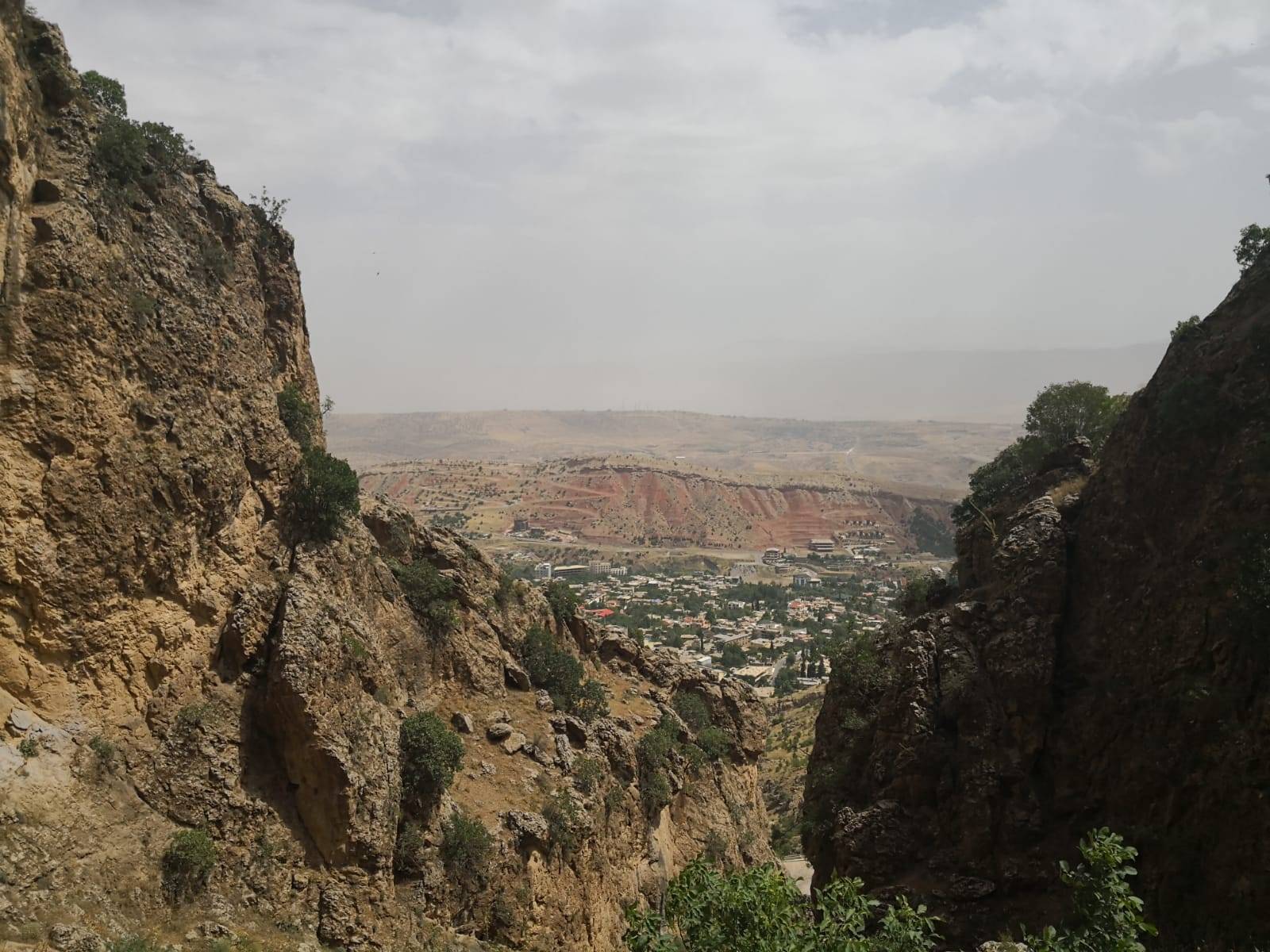[Editor’s note: This series has been made possible by support from Aid to the Church in Need, a papal foundation supporting persecuted Christians around the world.]
ALQOSH, Iraq – After the Islamic State was driven out of the Nineveh Plains in northern Iraq in 2017, the scale of destruction left behind in a chain of historically Christian villages was staggering. This is one case in which numbers do, more or less, tell the tale.
- 1,233 Christian houses totally destroyed
- 3,502 Christian houses burnt
- 8,217 Christian houses partially damaged
- 34 Church properties wiped out
- 132 Church properties burnt
- 197 Church properties damaged in some way
To rebuild the Christian presence here meant that more than 13,000 structures would have to be restored in whole or part. Doing precisely that is the ambitious aim of the “Nineveh Plains Reconstruction Project,” a joint effort of three Christian churches here with the backing of Catholic organizations such as the papal foundation Aid to the Church in Need and the Knights of Columbus, as well as other actors such as the government of Hungary.
(The Knights of Columbus are a principal partner of Crux.)
Yet as it turns out, the physical damage caused by three years of genocide and terror may be only the visible edge of a much deeper wound.
“My vision is to rebuild our humanity,” said Father Araam Rameel Hanna. “We need to get it back, because it’s been taken from us.”

(Credit: Photo courtesy of Hanna.)
Hanna, 38, is the Chaldean Catholic pastor of Alqosh, located just north of Mosul. It was fortunate to be the rare Christian village where ISIS forces never penetrated, but whose people still fled and lived in exile, and which is now also home to Christian victims of ISIS from neighboring towns as well.
Seeing frequent irritability, brittleness and a disposition to violence among many of his people, as well as deep fear and the semi-paralysis that often comes from uncertainty about the future, Hanna decided to launch the “New Hope Trauma Center of Iraq,” headquartered in Alqosh with a branch facility in nearby Teleskof, another recovering Christian village.
The first message he wanted to deliver, he said, is that “this is not just for crazy people!”
In the local culture, he said, there’s still a deep streak of ambivalence about mental health issues, so having the sponsorship of the local priest was critically important.
The second point is that it’s perfectly rational to be feeling on edge about life in this part of the Nineveh Plains, where the borders with regional powers Turkey, Syria and Iran all seem within arm’s reach, and where the local Christians have often been pawns in broader power games, even well before ISIS came along.
“Let’s be honest – our situation here is not normal, and there’s nothing wrong with feeling upset about it.”
At the same time, he said, people don’t have to be captive to those understandable emotional responses, and it’s within their reach to live a happier life.
“We can’t really control the broader political situation,” Hanna said, “but we control things here in Alqosh, and we need to set a good example.”
Today, Hanna oversees a full-time staff of five people and a few other part-time volunteers, including psychologists and social workers, who run a series of basic six-week programs including anger management and healthy communication, which features a special component on helping daughters talk to their mothers about such general matters as boyfriend issues and how they dress.
Many of these series come with titles that could seem ripped from narcissistic self-help seminars in the West were it not for the starkly different context, such as “Embracing Life” and “A Healing Environment.”
“I want to help people,” said 32-year-old Diyar Manuel who studied mental health for four years and now serves as the office manager for the center, explaining his motivation.
“Knowing you helped make someone happier is a big deal.”
Interestingly, there’s almost no explicitly religious component to the New Hope programming, despite the fact it was created and is still run by Hanna. He explained that its services are open to all in principle, and what’s most important right now is that it serves many Yazidis, the other local minority victims of ISIS genocide along with Christians.
In both cases, Hanna said, “people are still afraid, they’ve lost their trust … they have post-traumatic stress disorder.”
So convinced was Hanna of the need for the trauma center that he completed a special program at Harvard University to obtain the credential needed to open one, and he hopes to expand to other Christian settlements in the Nineveh Plains area.
“We’re talking real trauma here,” he said. “These people still can’t believe they were forced to leave behind their history, their friendships, their churches, and they lost everything, including their identity.”
“We may not be able to give them hope in politicians, or hope in lasting security,” he said. “But we can at least give hope in themselves and in each other, and that’s a start.”
If it seems curious that a Catholic priest would take it upon himself to launch an essentially secular counseling center, that’s because places such as the Nineveh Plains have an utterly different conception of the priest’s role.
In an environment in which governments have essentially cut entire communities loose, refusing to provide real security or even basic public services, and where those communities are an embattled minority surrounded on all sides by often-hostile forces, the priest is the only authority holding things together.
Priests here build houses, they run public services, they distribute aid and mediate disputes – they do whatever needs to be done, driven by what their people need at a given moment to survive.
“I’m walking with normal people who have a normal life every day,” Hanna said. “I can feel what they’re feeling, and if I don’t do something about it, who will?”














